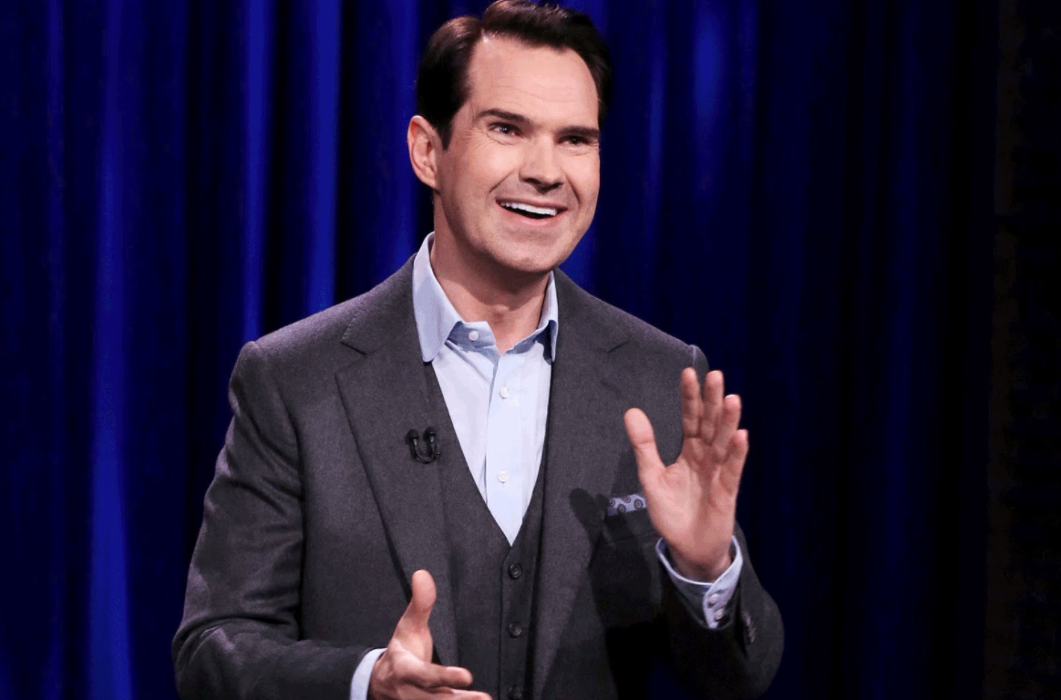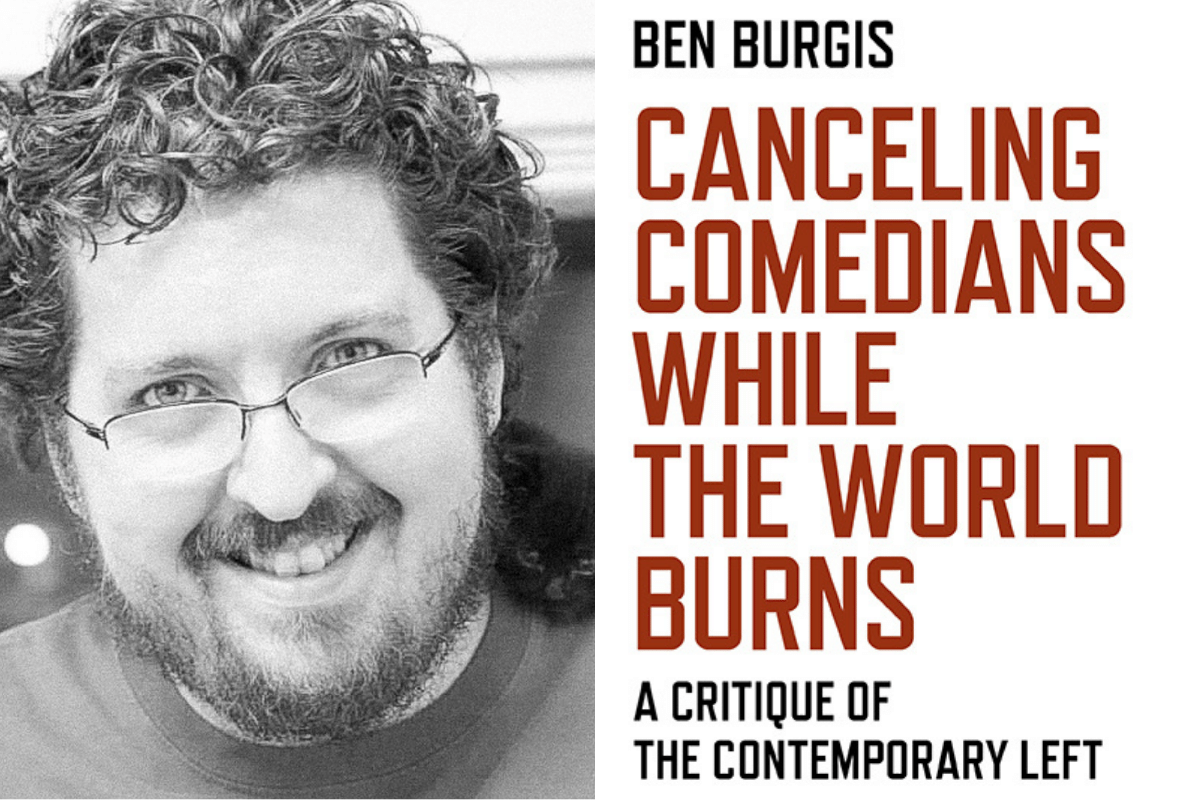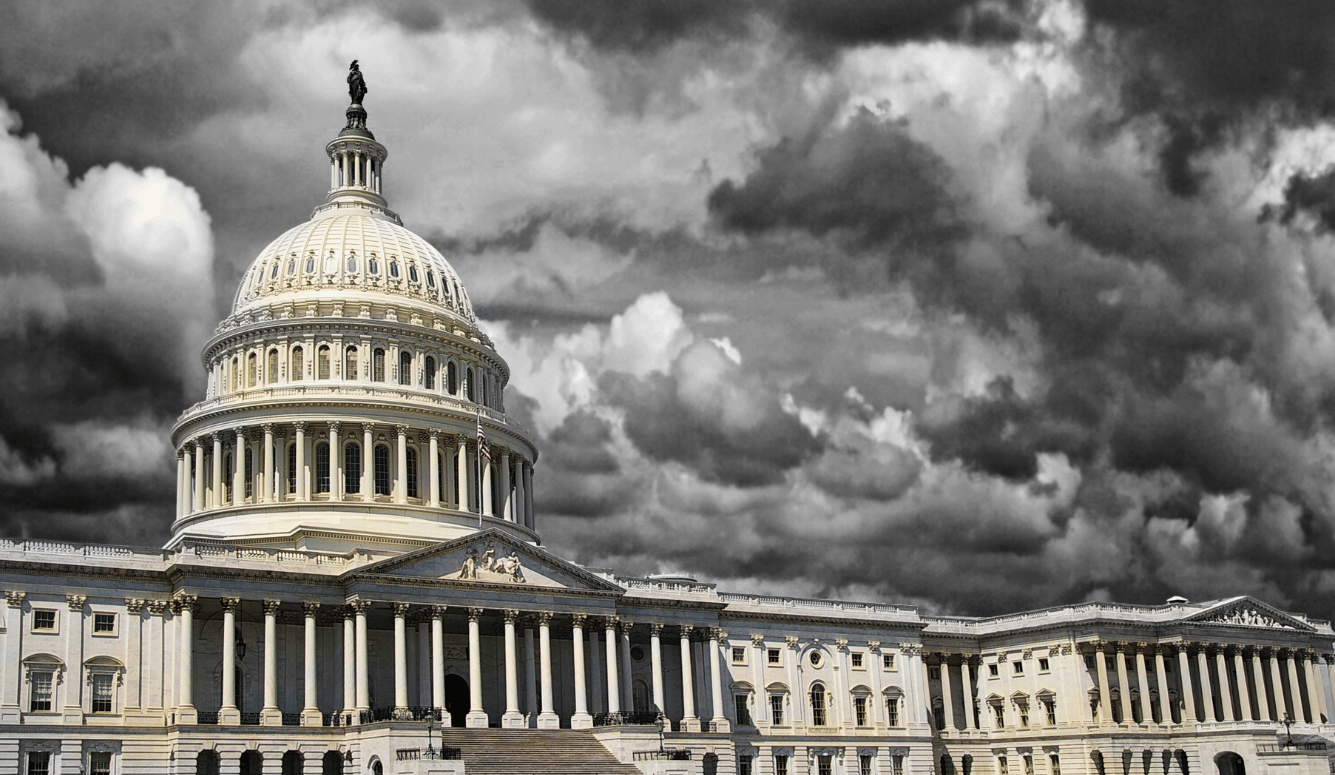Art and Culture
Why Can Comedians Be So Irritating?
Comedians poke fun at the absurd, unreasonable aspects of our thought, our behaviour and our societies so it is tempting to assume that they are rational themselves.

I am bored by comedians. Everywhere you turn, people are telling jokes on talk shows, panel shows, sketch shows, stand up specials, sitcoms, podcasts and films. Most of them are worthless. There is “biting” comedy that nibbles; “searing” satire that is tepid; “laugh out loud” humour that is met with weary silence.
I am being unfair, of course. One could say with at least as much justice that is one is bored by political commentators and if we can have fresh insights, they can have fresh jokes. Still, I wonder why so many comedians are so unfunny. There are Dave Chappelles and Bill Burrs but these are the exceptions. Some ramble about their sex lives like drunk men in boring pubs. Some drop cultural references, mistaking them for punchlines. Some steal jokes from Twitter about Donald Trump’s hairdo.
Some, worst of all, forget they are comedians, posing as authorities on religion, politics and science. So, we are treated to Ricky Gervais on God; Amy Schumer on sexism; Russell Brand on everything. The problem is not so much that they give opinions – what am I doing now? – but that in giving their opinions they lose any sense of irony and wit they might have had and become pious, patronising and smug. Brand, asked in an interview for his opinion on Brexit, said his “emotional connection to politics [is] beyond those parameters”. That is funny, of course, but quite by accident.
Comedians poke fun at the absurd, unreasonable aspects of our thought, our behaviour and our societies so it is tempting to assume that they are rational themselves. When Jon Stewart and Stephen Colbert mocked the Bush administration, and when Ian Hislop and Paul Merton derided British governments, people thought they were sanest guys in the room. This was nonsense, not only as one is sensible and foolish about different things but as symptoms are often recognised by fellow sufferers.
Perhaps I am biased. Most comedians are leftists or liberals. All too often it feels as if audiences are not surprised or enlightened by satirists but offered ideological affirmation. “Trump is dumb!” comedians cry, to howls of laughter. Jack Dee, the English stand-up comedian, feels the same. It reminds him of alternative comedy in the 1980s, when, “You only needed to mention Margaret Thatcher and you’d get a round of applause.”
Many liberals and leftists think conservatives are by their very nature unfunny (an idea swiftly refuted by reading Evelyn Waugh). The reasoning, offered by Erin Gloria Ryan on the left-wing podcast Chapo Trap House, is that humour is about “challenging and undermining” the status quo while conservatism is about “reinforcing and maintaining” it.
This is absurd for two reasons. One is that powerful institutions – be they supranational, governmental, cultural or academic – can be liberal and left-wing. Jack Dee also lamented, for example, the radicalisation of political correctness, saying, “There’s nothing you can say that won’t upset someone.” Rich seams of humour lurk beneath our fragile sensitivities.
Perhaps the most extreme example is Islam. Veteran comedian Rory Bremner said in 2015 that he was too frightened to satirise the faith. Ben Elton, who created The Young Ones and Blackadder, said the BBC were “scared” to broadcast jokes about Islam. Charlie Hebdo, the French magazine, has been almost alone in doing this, even after several of its employees were massacred. Who could doubt that English ironists would have better jokes than unsubtle continental cartoons if they had the courage?
Yet this is just one reason why Gloria Ryan was wrong. The other is more significant. The popular idea, found on the left and right, that the essence of comedy is challenging the powerful and subverting convention is bunk. It can do this, naturally, and sometimes it should, but that is not its essential purpose. Its essential purpose is in fact to be funny.

Take, for example, Peter Cook and Dudley Moore’s classic sketch “One Leg Too Few”, in which a casting agent struggles to explain to a one-legged man why he is not suitable for the role of Tarzan. What power is being challenged? What convention is being subverted? Casting agents? The disabled? Tarzan? No, humour arises from all the absurdities and ironies of our existence. It is in the lives of the powerful and the powerless; the richest presidents and the poorest alcoholics.
One of the problems with the elevated status we have granted comics is that humour is subordinated to their opinions when it should be the other way around. Conservatives have been as guilty as anyone. The Half Hour News Hour was an infamour right-wing response to The Daily Show that sank beneath the weight of “Michael Moore is fat”-style jokes.
A similar problem plagues “offensive” comedians who like being provocational more than being funny. In most cases they are neither and one’s lasting impression is smugness; that of provocateur and that of the audience members who laugh to flaunt their pride at not being offended. Once again, this is a problem of the right and of the left. Conservatives who disagree are welcome to explain why Milo Yiannopoulos’ jokes about his sex life are hilarious and Amy Schumer’s are unfunny and disgusting.
There are exceptions. I have laughed at few things more in 2017 than James Adomian’s impression, on Chapo Trap House, of Donald’s Trump’s Bond villainesque adviser Sebastian Gorka, who, channelled by comic, is awaiting the moment at which, “THE DRAGON OF BUDAPEST SHALL RISE!” Adomian is a leftist but he told Business Insider that his act was inspired by Gorka’s “hilarious” personality more than his politics.
Critique can be no less powerful for that. Chris Morris’ sublime The Day Today – a satire of self-important and alarmist news programmes – was inspired less by specific sociological opinions than how comically strange Morris found the media. It is more incisive for being so vividly, lovingly crafted than had it been lumbered with propaganda.
Yet, again, not all comedy exists to change the world. If it did that would imply that Heaven is humourless. It enriches our language and our perspectives with the play of observation, contrast and fantasy. This can make us think, and talk, and act, but first it should make us laugh.






